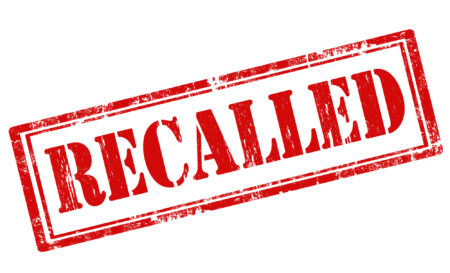Recently at the OR Manager Conference in Long Beach, CA we held a presentation entitled “Pitfalls and Implications of Current Supply Documentation at the Point of Care.” In it we highlighted how manual, duplicative and error-ridden this process is, and why poor point-of-care data matters – the implications of inaccurate patient medical records, poor recall and expiration tracking, over- and under-billing, and product waste, to name just a few problems.
The challenges that resonated most powerfully with our audience were: (1) the highly manual documentation process for implants and biologics; (2) items hoarding, i.e. placing products in numerous places to ensure that they won’t run out, thereby causing excess and waste; and (3) the amount of time nurses spend on reviewing and responding to billing errors the day after a procedure.
What the audience said they were most shocked to learn about was: (1) the financial impact of the errors in the clinical documentation process, and the consequences of over- and under-billing; (2) the excessive number of manual touch points in this process, from the nurses in the room to the billing clerk to the auditors and often back to the nurses; (3) how many actual pieces of paper have to be completed and tracked; and (4) to what degree this failure of supply documentation at the point of care makes it nearly impossible to track recalls to the patient.





